- AdventHealth Foundation Central Florida
As we look forward to the new year, the field of diabetes research continues to make significant strides. As we head into 2025, scientists and researchers bring us closer to a future where diabetes is no longer a debilitating condition.
Here are some of the top advances made in the treatment of diabetes:
New Type 1 Diabetes (T1D)Treatments
Glucagon-like peptide-1 (GLP-1) Receptor Agonists: This innovative class of drugs, known for stimulating insulin production and reducing glucose levels in Type 2 diabetes, is now being explored for its potential benefits in managing Type 1 diabetes. This promising research offers hope for improved treatment and better quality of life for those with T1D.
Artificial Pancreas Systems: These innovative devices seamlessly integrate continuous glucose monitoring with automated insulin delivery, mirroring the function of a healthy pancreas. By maintaining tight control over blood sugar levels, individuals with Type 1 diabetes (T1D) can experience improved quality of life and reduced risk of complications.
Stem Cell Therapy: With the power of regenerative medicine, researchers are investigating the potential of stem cells, particularly Mesenchymal Stem Cells (MSCs), to generate new insulin-producing beta cells. This groundbreaking approach could potentially restore the body's natural insulin production, offering hope for a future where insulin injections may no longer be necessary.
Islet Cell Transplantation: This procedure involves transplanting islet cells, which contain insulin-producing beta cells, from a donor into a person with T1D. By restoring the body's ability to produce insulin, this treatment offers a promising avenue for managing the disease.
Immunotherapies: These therapies aim to modulate the immune system's response, preventing it from attacking the body's own insulin-producing cells. By halting the progression of T1D, immunotherapies could significantly impact the lives of individuals with this condition.
Innovative Delivery Methods
Inhaled Insulin: This non-invasive approach delivers insulin directly to the lungs, offering a convenient alternative to injections.
Smart Insulin Pens: These advanced devices track insulin doses and transmit data to smartphone apps, empowering patients to make informed decisions about their treatment regimen.
Closed-loop Insulin Delivery Systems: Often referred to as the "artificial pancreas," these systems continuously monitor blood glucose levels and automatically adjust insulin delivery, minimizing the risk of hypoglycemia and hyperglycemia.
Cutting-Edge Research
Beta Cell Encapsulation: By encapsulating insulin-producing cells in a protective material, researchers aim to shield them from the immune system, potentially eliminating the need for immunosuppressive drugs after transplantation.
Gene Therapy: This experimental approach involves reprogramming other cells in the body to produce insulin, offering a potential cure for T1D by replacing the function of the destroyed beta cells.
As research continues to accelerate, the future of diabetes treatment holds immense promise. With these groundbreaking advancements, individuals with diabetes can look forward to greater control over their condition, improved quality of life, and, ultimately, a brighter future.
Recent News

Local leaders, officials, and construction workers gathered today to commemorate a major milestone in the expansion underway at AdventHealth Daytona Beach: placing the final steel beam.
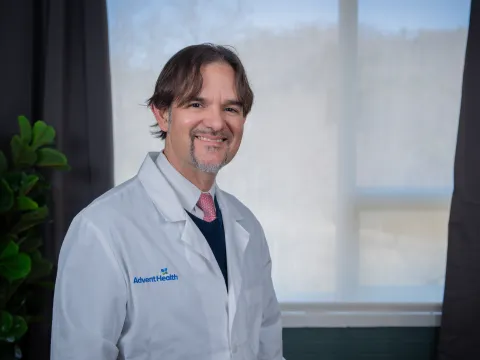
AdventHealth is excited to introduce Eugenio L. Menendez, DO, FACP, to our community of care. He is joining the team at AdventHealth Medical Group Family Medicine at Hendersonville* following the...

AdventHealth Heart of Florida and AdventHealth Polk Foundation leaders are delighted to unveil a new courtesy visitor shuttle meant to enhance accessibility and comfort for patients.
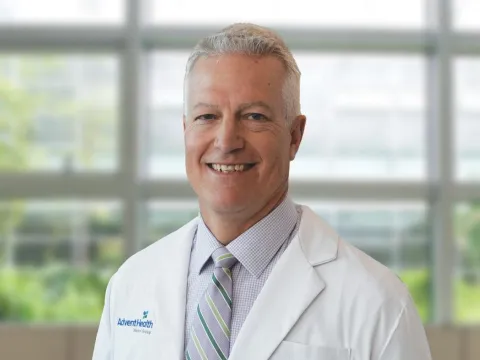
Dr. Jeffrey Keen, a board-certified orthopedic surgeon specializing in adult reconstruction, orthopedic surgery, robotic-assisted surgery, and sports medicine, has returned to AdventHealth Medical...

In recognition of National Donate Life Month, nearly 300 transplant patients and their families enjoyed AdventHealth’s 2025 transplant reunion.
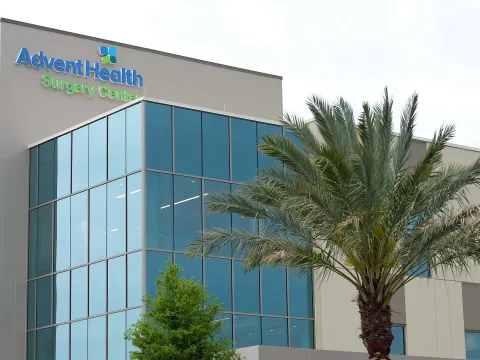
By managing ASCs as distinct entities with tailored operations, financial structures, and physician partnerships, the East Florida Division is fostering collaboration, efficiency, and growth.
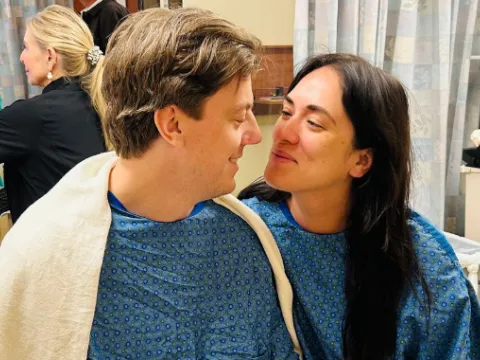
According to the National Kidney Foundation, more than 101,000 people are currently on the organ transplant list in need of a new kidney. However, only about 17,000 transplants happen each year —...
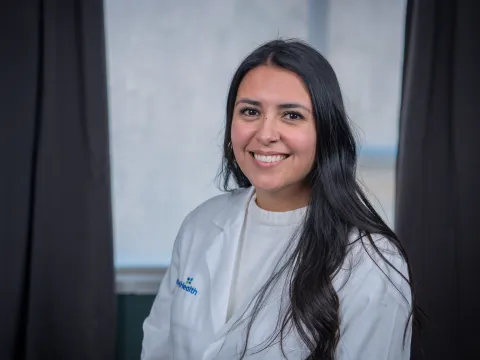
AdventHealth is excited to welcome Shalom Littrell, LCSWA, to its team at AdventHealth Medical Group Psychiatry at Medical Office Building*. Littrell is a Licensed Clinical Social Work Associate and...

The AdventHealth Heathbrook ER will have 12 exam rooms, including a resuscitation room, a bariatric room, an isolation room, obstetrics-friendly room and pediatric-friendly rooms.

Ming Wu, MD -- a family medicine doctor with AdventHealth Littleton -- talks about the ways to lessen the impact of seasonal allergies this spring.

The East Florida Division is forming strong partnerships with independent physicians, driving mutual success and improving hospital throughput.

In life, Sophie Davis touched dozens of hearts. In passing, one of her organs could possibly save thousands of lives.
